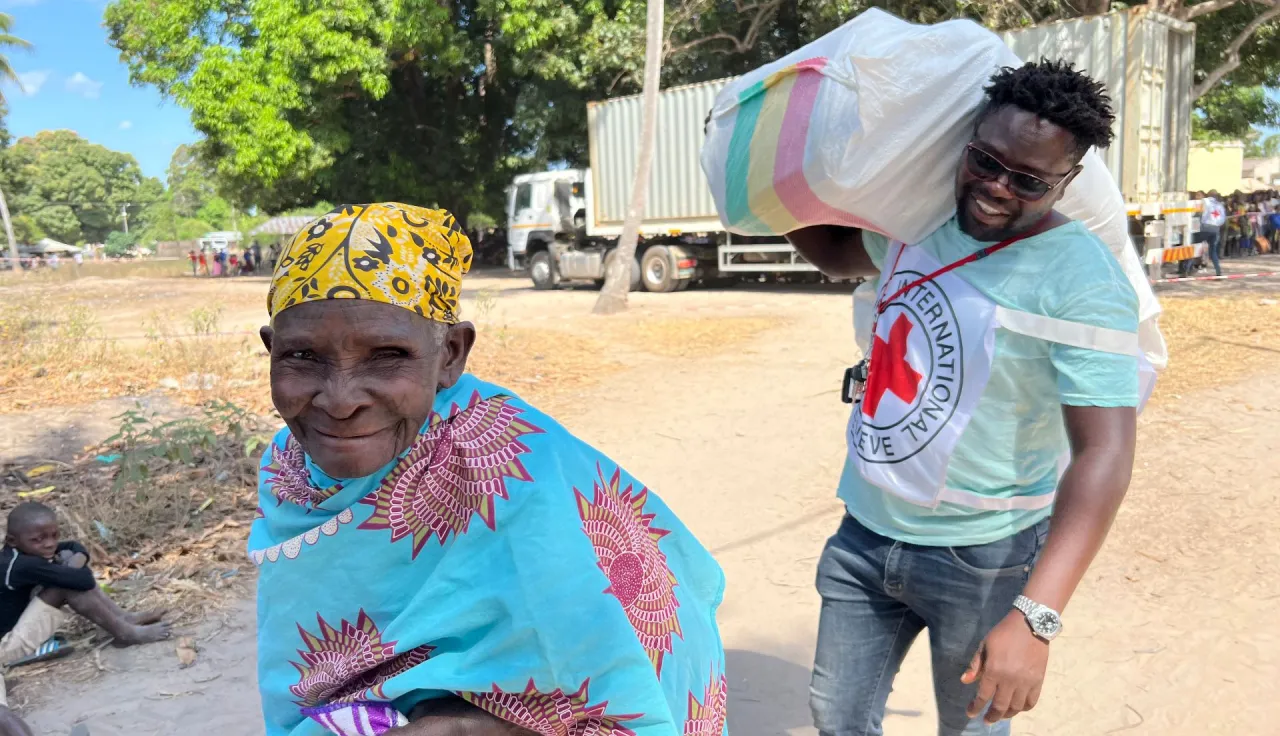Our work in Mozambique
Our work in Mozambique includes distributing much-needed emergency relief provisions and providing livelihood support to displaced and host communities. We also improve access to health care and water, restore family links, visit places of detention, promote respect for international humanitarian law and support the Mozambique Red Cross Society.








